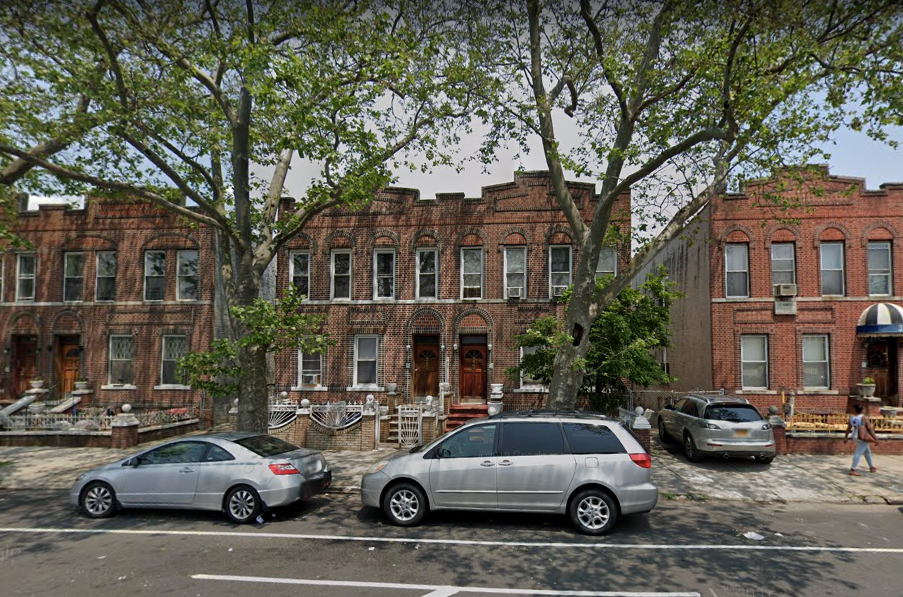In about 2012, retired machinist and ambulance driver McConnell Dorce found himself owing water and sewage taxes on the Brownsville building he'd owned for 38 years.
Dorce, a senior and a Haitian immigrant, went to the City and made a payment arrangement. From then on, each time he needed to pay, he'd go into the Department of Environmental Protection office on Livingston Street to service his arrangement.
However, in 2018, Dorce learned something shocking: He was no longer the owner of the property at 373 Rockaway Parkway, and hadn't been for three years.
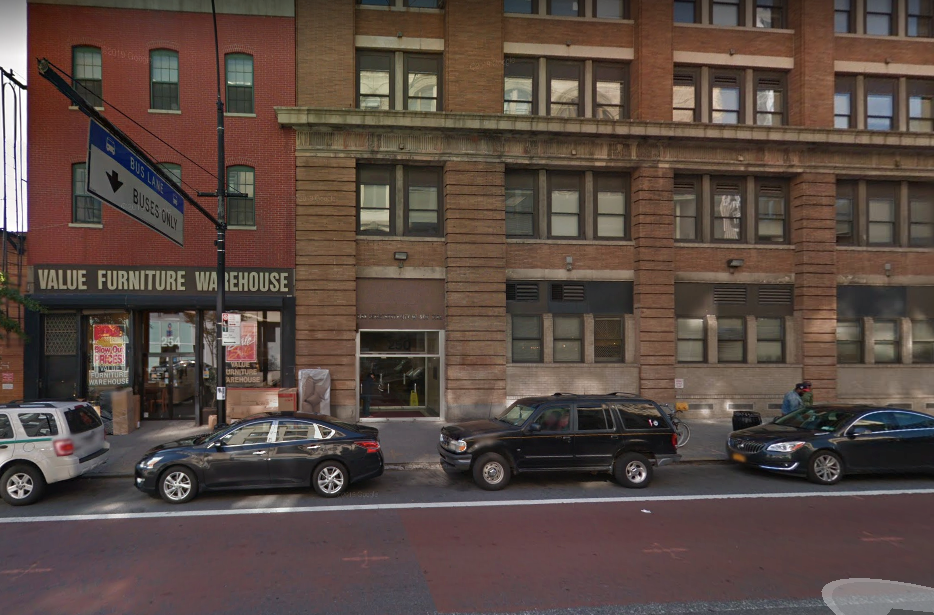
In 2015, the City had transferred the title of his property to a development company, after it decided to start in rem proceedings on his building under its controversial Third Party Transfer program (TPT), according to a federal class action lawsuit.
It turned out Dorce's $15,000 water bills had opened the door for the City to begin proceedings under TPT, a program since accused of grabbing property from Black and Brown communities, and driving gentrification.
According to an online estimate, the 3,198 square-foot property that Dorce once owned outright, mortgage-free, could now be worth close to a million dollars.
Lawsuit gets a win
Today, Dorce is one of three plaintiffs of color suing the City and developers in a class action lawsuit that aims to bring justice for an estimated 700 New York City homeowners who had their properties taken under TPT.
Originally filed in 2019, the lawsuit has just had a win in the courts, with a 2nd Circuit Court of Appeals judge ruling June 23 that a lower court was wrong to dismiss it, and that the case can proceed. It alleges the City didn't give homeowners any notice to save their properties, breaching the constitution.
The lawsuit also alleges it was mostly homes of Black and Brown New Yorkers' that were taken under TPT, stripping communities of assets that would likely be worthâ"cumulativelyâ"more than $1 billion today, under conservative estimates.
The other plaintiffs are senior Cecelia Jones, who owned shares in a property at 1197 Dean Street in Crown Heights, and mom Sherlivia Thomas-Murchison who owned shares in a property at 248 Madison Street in Bed-Stuy.
According to her lawyers, Thomas-Murchison has been left homeless with two children due to her home being seized through the TPT program, and getting nothing in exchange.
"We have definitely been cheated and targeted through this program," she said.
"The TPT program has affected my family in many ways. My family and our neighbors who should have remained shareholders in the building have lost real, personal and future assets and value in the millions of dollars, not even measuring the value of having a home for the long term.
"My now deceased mother worked, for close to 25 years, to ensure that our family would have long-term residency in an already-existing affordable housing coop. The City took that away with the stroke of a pen."
Billion dollar situation
Naturally, losing his property has been hard for Dorce to come to grips with, too. According to one of the plaintiffs' attorneys, Matthew Berman of Valli Kane & Vagnini LLP, Dorce is still looking after his former tenants.
"He's so involved with the building even after they took it from him that he's renovated two bathrooms there since. He still views it as his job to take care of them," Berman said.
Despite Dorce's attachment to the property, it is unlikely he will ever get his title back, even under the lawsuit.
Berman said, while the appeals court judge ruled the plaintiffs could pursue damages in the form of the equity they owned in their homes above the taxes, it doesn't look like a return of the title is an option. However, they hoped they could recoup their clients' family wealth in cash.
"It's potentially a billion or multi-billion dollar situation," Berman said, working on the estimate that each of the 700 or so affected by the program might have a home worth between $1 million and $1.5 million, or more.
"Sorting it out is going to be quite difficult, too. If they took it in 1994, the person it was taken from is likely to be deceased, so then it's working out who in the family it might belong to."
NYC Law Department spokesman Nick Paolucci told BK Reader the merits of the case had still not been heard, and Wednesday's ruling was simply a procedural one, on a jurisdictional issue.
"The City believes the case is meritless and should be dismissed."
What is the TPT?
Third Party Transfer is a City program in which "distressed" vacant or occupied properties are foreclosed by the City and given to a partner nonprofit or for-profit building developer to rehabilitate it for affordable housing.
Two developers are also named as defendants in the lawsuit, Neighborhood Restore Housing Development Fund Corporation and Bridge Street Development Corporation.
Berman noted that there was also no oversight on how the partner developers were chosen by the city, and the partners only have to pledge to keep 20% of the property for affordable housing.
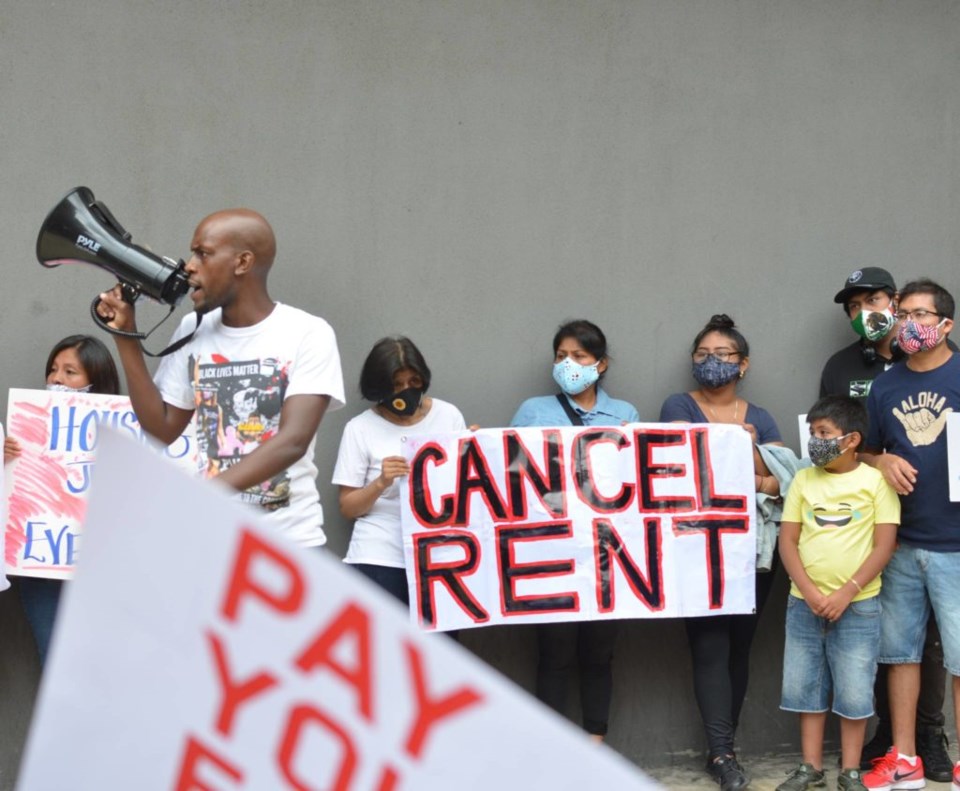
"So far there is no transparency at all how these developers are handpicked to get this bounty," he said, adding that the developers spruce up the properties, get in higher-rent paying tenants and the city gets to levy higher taxes on the building: gentrification.
NYC Housing Preservation and Development (HPD) launched TPT in 1996, when abandoned buildings were a common sight in New York. The central motivation was to collect unpaid taxes and bills from negligent landlords and foreclose derelict housing units, fix them up and rent them out to tenants at low- to mid-incomes.
In recent years, the program has led to Black homeowners and other small property owners in Central Brooklyn losing their homes over unpaid bills at a mere fraction of their properties' value, sparking outrage about the TPT program.
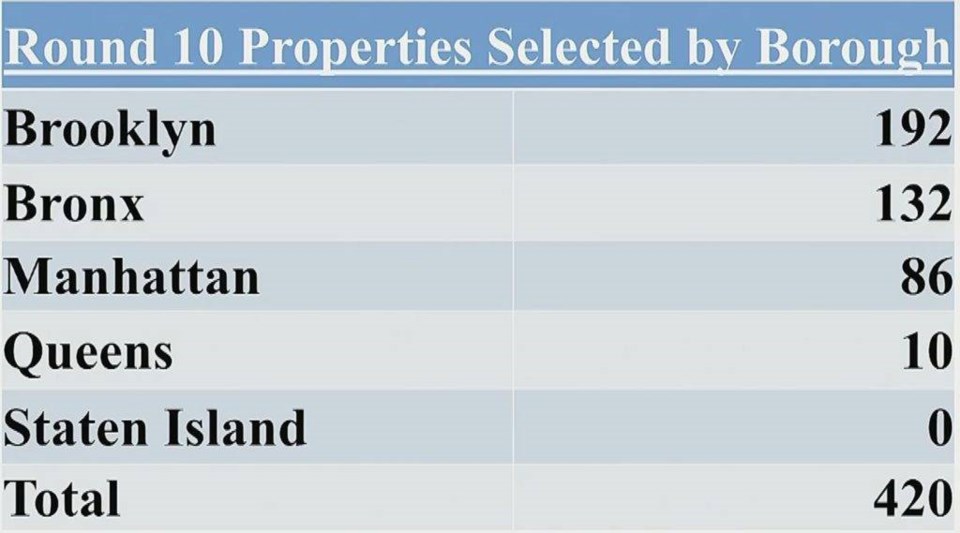
Many of the Crown Heights and Bed-Stuy homeowners who lost or nearly lost their homes are senior citizens who had made clerical errors. Othersâ"like Dorceâ"have lost millions of dollars worth of equity to the city for issues as minimal as late payments for water bills.
After these claims came to light in 2019 through the lawsuit, multiple news reports and backlash from city councilmembers, the program was put on pause.
As of today, the program is currently being looked at by a TPT Working Group which plans to issue a report in the coming months with its final recommendations, HPD told BK Reader.
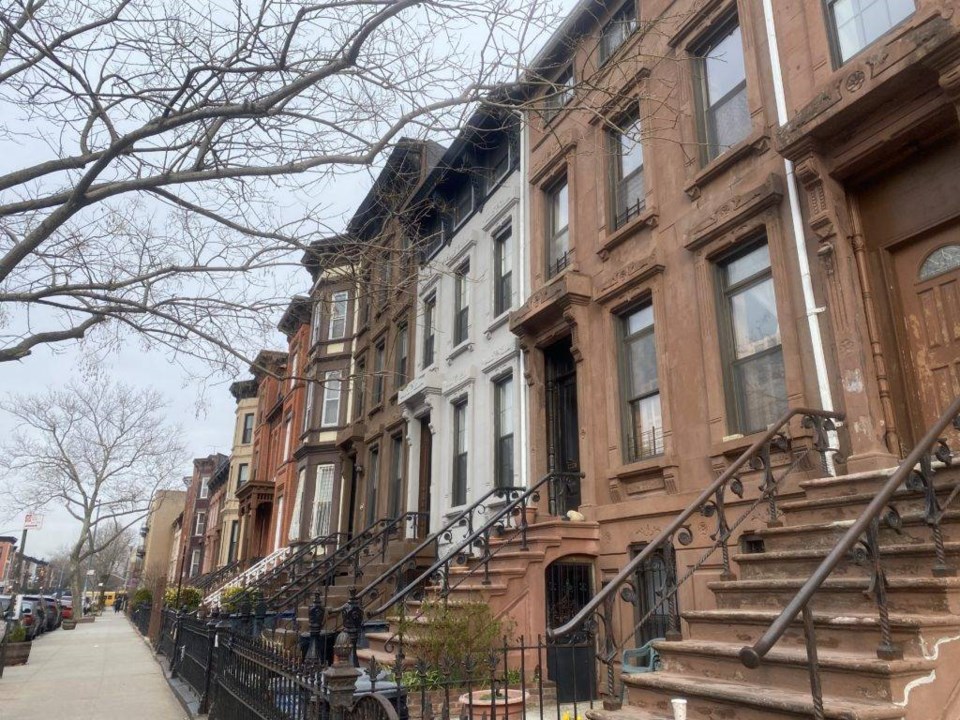
The group is made up of tenant advocacy groups, Housing Development Fund Corporation cooperative shareholders, community-based housing organizations, legal service providers and elected officials.
The HPD is not initiating a new round of transfers until the TPT Working Group has concluded its work to modernize the program, it said.
A new era of TPT?
Councilmember Robert Cornegy, who is co-chair of the TPT Working Group, told BK Reader it's time to completely overhaul the Third Party Transfer Program.
"As Chair of the Council's Committee on Housing and Buildings, I have been leading efforts to prevent the unjust and unfair dispossession of homeowners, and what I view as the targeting of homeowners of color."
He said the group had worked to include stakeholder input as it pursues reforms, and is aiming to ensure the discretion HPD and the Department of Finance were granted in past will not be misused in future. "We must stop the practice of improperly identifying properties as distressed," he said.

"Just as the courts pursue justice, for our part in the City Council, we must pursue laws that are conscious of the self-same principles: fairness, justice and an awareness of the profound importance of homeownership in our shared communities. Only then will we have succeeded in making TPT's replacement fit for purpose."
New York City Mayor Bill de Blasio did not respond to a request for comment.
Bridge Street Development Corporation has been reached for comment. Neighborhood Restore has been reached for comment.

